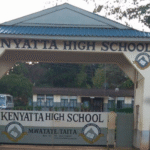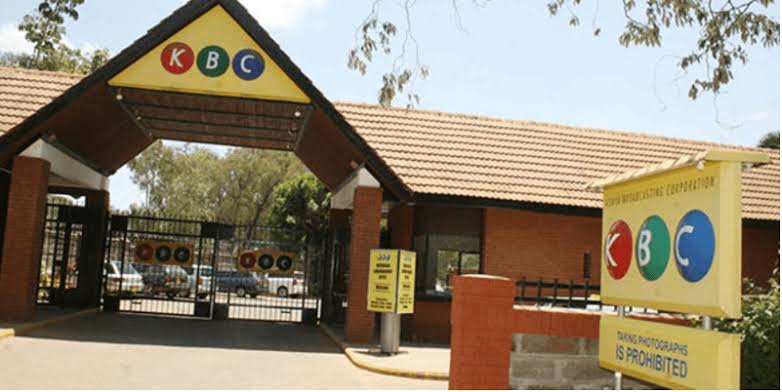The Kenya Broadcasting Corporation (KBC) is once again facing public backlash after new revelations that its field reporters have gone unpaid for two straight months.
These correspondents, based in different parts of the country, say they are barely surviving. Many cannot afford transport, rent, or even essential items like baby supplies.
This latest development paints a troubling picture of a broadcaster in financial crisis, where payment delays have become a pattern rather than an exception. We did our earlier coverage on this issue, when artists and content creators raised similar concerns about months of unpaid dues, and sadly, nothing seems to have changed.
Field reporters now say they are forced to continue working without fuel allowances or per diems. They are assigned stories, attend meetings, and deliver news bulletins, all without knowing when, or if, they will be paid.
Despite their struggles, the broadcaster continues to air bulletins and shows created through this unpaid labour, making the situation even more painful. Some reporters are relying on mobile loans, favours from friends, and extra side hustles just to survive while KBC remains completely silent on when payments will be made.

This is not the first time KBC has failed to pay its workers and partners. In December 2022, correspondents went for over six months without pay and even made direct appeals to the government.
In 2024, artists attached to KBC projects also went unpaid for long periods, with some having to stop work altogether. Royalty bodies have also reported that KBC owes hundreds of millions in unpaid usage fees to musicians and content owners.
Even retired workers haven’t been spared. Some are struggling because KBC failed to remit their pension contributions, pushing them into financial crisis after years of service.
While the broadcaster continues to receive public funds and earns money through advertising and licensing, there seems to be a serious breakdown in how that money is managed.
The funds allocated for paying staff, creatives, and contributors appear to be held up in unexplained bottlenecks. Management has provided no statements, no timelines, and no accountability.
This silence only deepens the frustration of those working without pay.
As a state-owned broadcaster tasked with informing the public and shaping national culture, KBC has a responsibility to the very people who make its programming possible.
Not paying workers for work already completed is not just a management failure it is a betrayal of public trust. If the broadcaster cannot guarantee basic payments to its core teams, then it loses the moral right to claim taxpayer funding or commercial revenue.
The continued mistreatment of reporters, artists, and staff undermines the institution from within and raises urgent questions about the future of Kenya’s national broadcaster.





















Add Comment